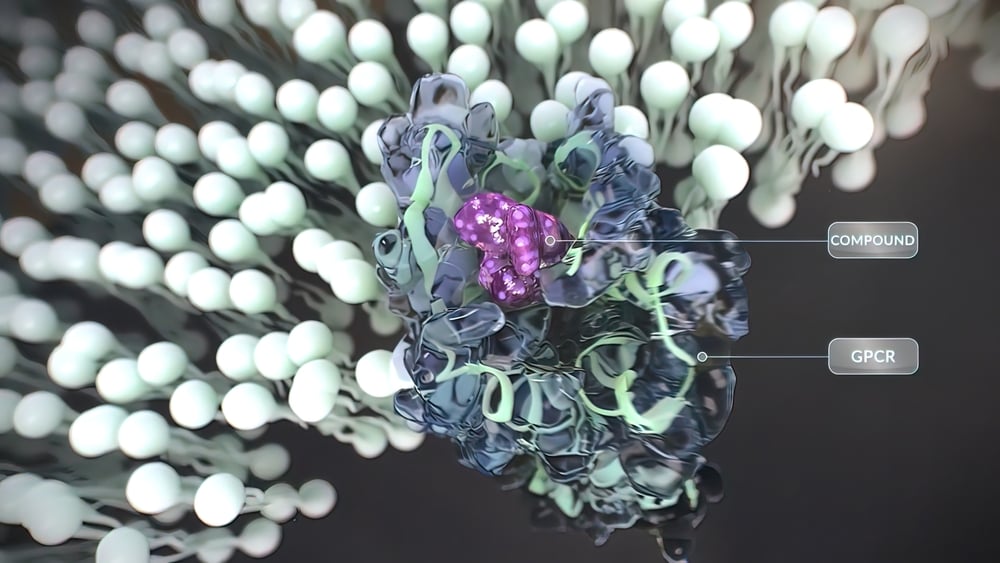Newsletter Signup - Under Article / In Page
"*" indicates required fields
Biotechnology company Maxion Therapeutics has completed its $16 million Series A financing.
The funds will be used to support the development of novel biologics targeting ion channels and G-protein-coupled receptors (GPCRs) via Maxion’s proprietary, patent-protected KnotBody platform. Ion channels and GPCRs are critical cell surface proteins involved in a wide range of previously untreatable or poorly-treated diseases, including autoimmune conditions and chronic pain.
The round was led by LifeArc Ventures, including Monograph Capital and BGF as equal participants.
Maxion Therapeutics was established by its chief executive officer, John McCafferty, who co-founded CAT (acquired by AstraZeneca for £700 million) and IONTAS (acquired by FairJourney Biologics).
At CAT, McCafferty co-invented antibody phage display, the technology used to discover the world’s best-selling drug, Humira, and the subject of the 2018 Nobel Prize in Chemistry.
Maxion Therapeutics’ chief scientific officer and co-founder is Aneesh Karatt Vellatt (also co-founder of IONTAS), who along with McCafferty invented the KnotBody platform.
While multiple small molecule drugs have been developed against ion channels, there are no approved antibody drugs addressing this target class, despite the many advantages of antibodies. Antibodies have the benefit of greater specificity, a superior safety profile, and the ability to engineer their properties using McCafferty’s phage display technology.
Maxion Therapeutics’ KnotBody platform
The KnotBody platform unlocks the discovery of biologics against ion channels and GPCRs by using naturally-occurring cysteine-rich miniproteins called knottins, which modulate ion channels and GPCRs but have poor drug-like properties. These are fused onto the surface of antibodies, and the resulting KnotBodies combine the functional activity of knottins with the excellent drug properties of antibodies.
Maxion Therapeutics’ early R&D efforts have yielded KnotBodies to several therapeutically relevant targets, which will be developed as selective and long-acting first-in-class and best-in-class therapeutics.
McCafferty said: “Until now, ion channels have been a blind spot for antibody therapeutics. Our KnotBody technology gives Maxion the opportunity to address this neglected target class and enable improved treatment of diseases driven by ion channels and GPCRs. We look forward to working with our investors to expand our exciting pipeline.”
Karatt Vellatt added: “Maxion’s KnotBody technology combines the power of millions of years of knottin evolution with state-of-the-art antibody engineering technologies to overcome long-standing challenges in ion channel and GPCR drug discovery. We are grateful for our investors’ support as we work towards developing life-changing therapeutics for diseases with high unmet need.”
As part of the financing Sohaib Mir (senior investment principal at LifeArc Ventures), Tim Funnell (partner at Monograph Capital), and Lucy Edwardes Jones (investor at BGF) will join Maxion Therapeutics’ board of directors.






